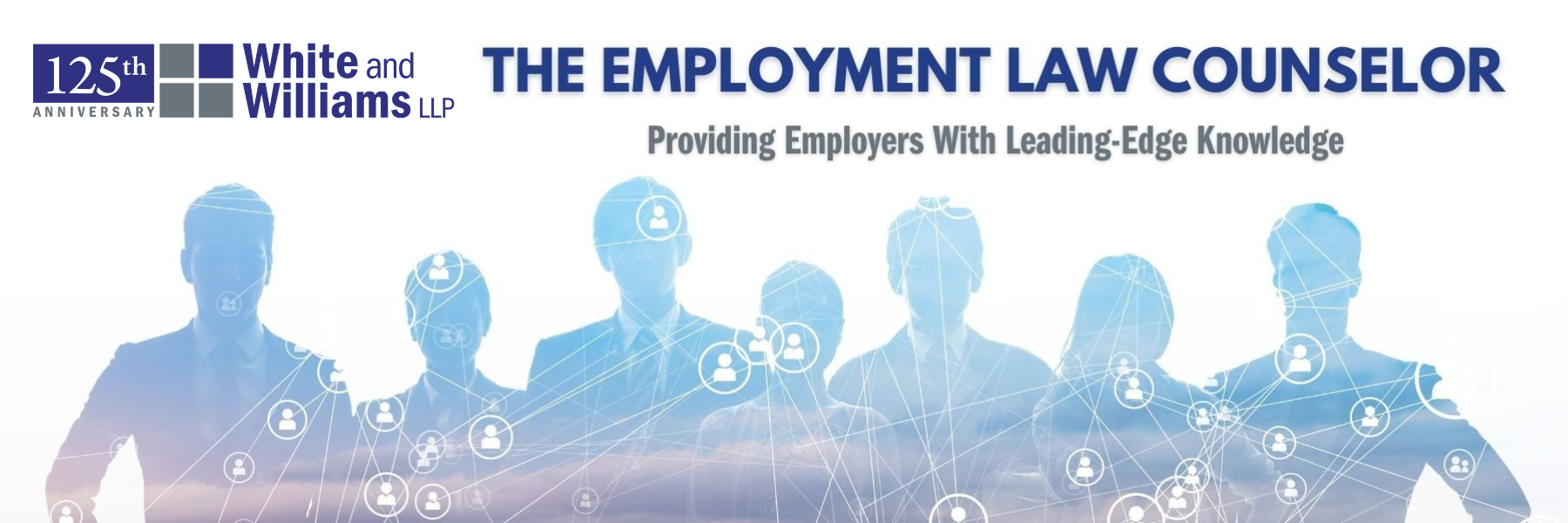The post-COVID-19 workplace is here. Those of us who had established physical places of work are returning to our physical workspaces or the return is on the horizon. For many, the return will feel awkward at first, but my sense is that after a week of reacquaintance, it will be back to normal for the majority of us.
Not so for the next generation of workers known as Generation Z (Gen Z). Many of these workers were only beginning their careers as COVID-19 hit. Unless they were “essential” workers, they worked remotely from home. In other cases, job offers were withdrawn, full-time jobs turned into part-time, promises of benefits disappeared, and many Gen Z-ers were the first ones fired. Not surprisingly, one Gen Z-er told me that he lost his job during COVID-19 and that he is most concerned about job security when he ultimately does reenter the workforce. He told me that, “I have a lot of fear. I’m afraid that if I make one mistake, I’ll get canned.” Other reports indicate that the culture of a workplace is the biggest concern of these young adults. It is clear that there are many concerns, but few answers.
So, what are employers to do? By no means should an employer throw out its handbook and abandon its work rules. As we’ve stated in the past, an employer should develop reasonable rules and expectations and then consistently enforce them. Still, as employers have become accustomed to remote operations and more sophisticated technology, they should also keep in mind the needs of this next generation. To this end, employers should consider:
- Providing more thorough orientation programs for new hires that includes representatives from all departments
- Increasing active mentoring
- Developing programs for new hires to understand the current workplace culture
- Highlighting an Employee Assistance Program (or creating an EAP where there is none)
- Training/retraining supervisors in managing a new type of work force
Next, employers should pay close attention to the legal requirements for all employees, which may be a focus of Generation Z employees who are mistrusting of a corporate entity. Employers should follow closely U.S. Department of Labor regulations, particularly in wage and hour, break and meal periods, and the Family and Medical Leave Act. In addition, Generation Z workers are keenly aware of the availability of accommodations required by the Americans with Disabilities Act. One mental health care provider for young adults cautioned me, “We’re moving closer to getting over the stigma of having a mental health issue. This younger group often wear them on their sleeves.” This will likely translate to more and more employees coming forward with requests for accommodations for mental health conditions such as depression, anxiety and cognitive impairments.
It’s a brave new world about to begin – the physical return to work. It will be particularly daunting for the Generation Z worker. To get the most out of this group, employers should devote time to understanding and guiding them. They are aware of their legal rights, and may not shy away from exercising them.


